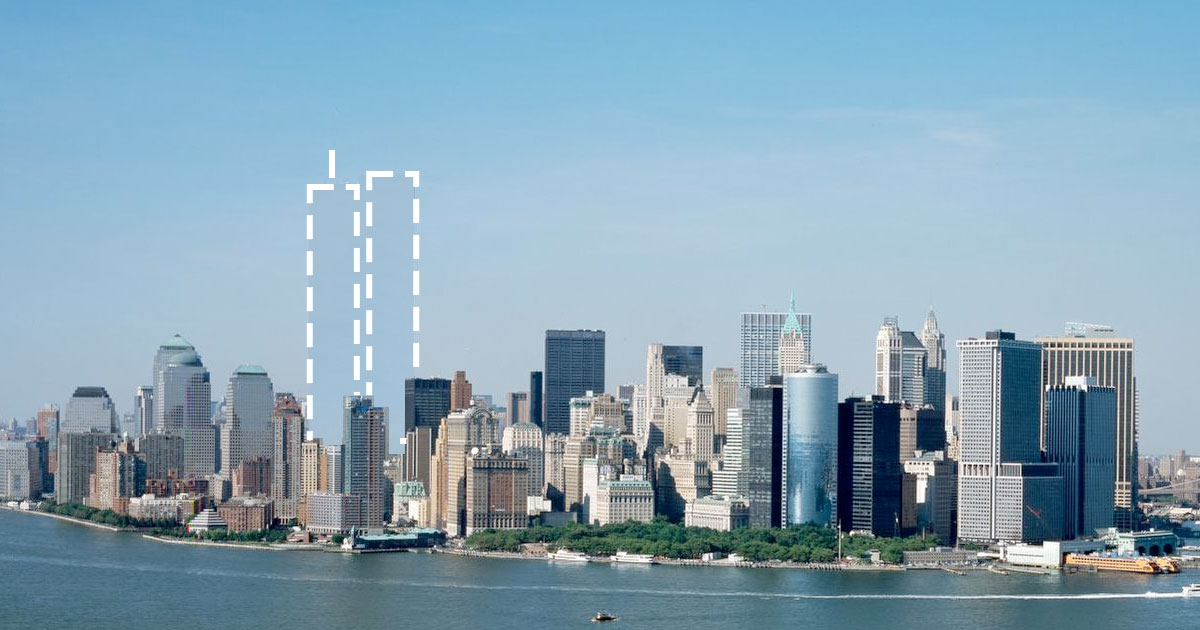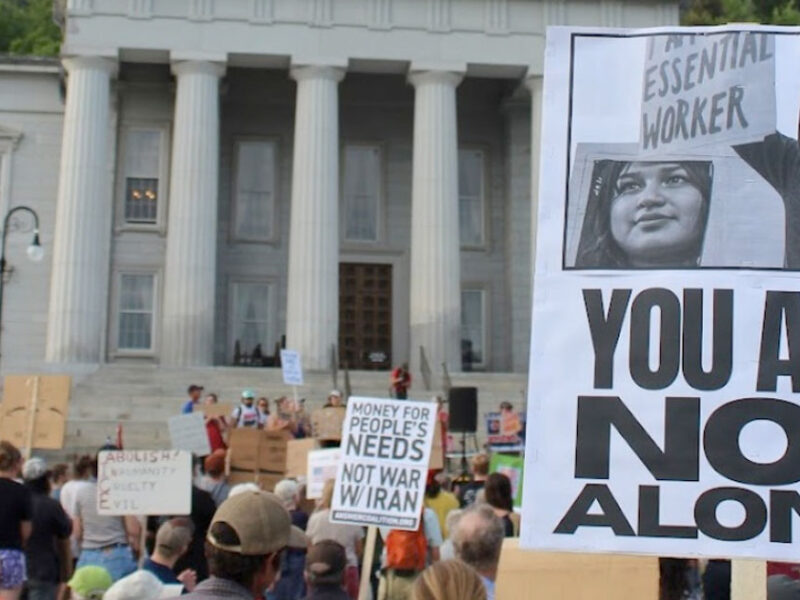Twenty years ago today — depending on how you feel about it — George W. Bush knowingly allowed Islamic extremists to fly a pair of airplanes into a pair of buildings, or the CIA activated cordite explosives in a pair of buildings, or a secret group of reptilians tricked several hundred million people into believing a pair of buildings that had never existed had been malevolently demolished; or some sort of permutation of those or other circumstances occurred to create the sort of news media and cultural phenomenon that almost nobody in the world could ignore. Much like many other pivotal historical events, a decent amount of people died. I recall, in Burlington, Vermont, being relieved of my day’s assigned activities at the time, being given a memo detailing a vague outline of the facts of the matter, and upon returning home flipping on the television to be greeted not by Maury Povich but images of the World Trade Center disgorging smoke and small plummeting objects later to be identified as human bodies. Much like most Americans at the time, I had no frame of reference to file this under.
The rest of the world, however, did. Lebanon, (then) Zaire, Rwanda, Colombia, Somalia, and others had been scarred by years of unremitting, daily acts of murderous terror spanning much of the decade prior (this is only mentioning a select few nations that, in the 1990s, experienced routine mass death in the tens of thousands or larger which can be directly attributed to the United States’ political machinations). Scarcely more than a half-decade prior to 2001, France and Japan had experienced fatal terrorist attacks on their populace in subterranean mass transit hubs. In this same year — 1995 — according to how you feel, either a mentally-ill white supremacist set off a fertilizer bomb in Oklahoma City, or the FBI did it, or a secret group of reptilians tricked several hundred million people into believing a building which had never existed had been malevolently bombed. The scale of single-incidence casualties being generally smaller, and (more to the point) most of these countries being much more not the United States, said incidents were discounted as being outlier events — the actions of wildly-unwell, barely-human individuals in states of extreme psychosis; events which could hardly be accounted for using political or scientific rationale.
So sure, three thousand died in New York. Sure, several hundred thousand to a million then died in Afghanistan and Iraq. Sure, you could no longer traipse from the entrance of an airport onto an airplane relatively stress-free without a cop seeing scans of you naked. Sure, continental Americans of nonwhite descent had to fear not only local racist violence at the hands of their neighbors, but also the racist federal entrapment and extrajudicial, dehumanizing penal torture. Sure, these things matter.
However, the notion that a single historical event matters so much as to be the singular most pivotal inciting factor of these horrors and indignities of our young century (as well as others) — is total bullshit. Some thousands of people died because somebody elsewhere who hardly knew anything about them wanted them to die — perhaps due to nebulous ideological reasons, perhaps due to cynical practical concerns (regardless of what theory you believe, both motives remain equally likely). This is hardly unique to September 11, 2001. In the United States’ short history alone, several such ‘unforeseeable’ mass-death incidents supposedly instigated by foreign agents had already occurred by 2001, to say little of all 20th century history, or history in the second millennium, or the entirety of human recorded history. What remains is that those dead on September 11, like so many others throughout history, died for very little reason; that the things accomplished in their deaths’ name were as horrific — if not more so — than their own deaths. What remains are the empty reactions to their deaths — the erecting of flags, the aforementioned crusading in Afghanistan and Iraq, the renaming of snack-bar items, the exponential overgrowth of the American domestic security state — reactions so divorced from the lives that were lost as to be completely nonsensical. The only significance held by September 11, if any, is that people died meaninglessly, as they have before, did again, and will continue to. No reaction, no patriotic gesture, no revenge, will let them live again.
Our preferred cultural legacy of this maelstrom of senseless death seems to be that of a solidified national identity in response; 300 million-plus people unified in resistance against, uh, something: at first Islam, then a vaguely menacing concept of radical Islamism, a floating signifier of oppressive religious extremism, then finally a host of concepts malleable to the ideology of whichever individual at the moment might be beholding September 11. In Vermont, much has been made of our Air National Guard’s response to the incident — jets bearing live missiles were scrambled and en route to New York City within hours of the event. Vermont’s entire congressional delegation accepts the barely-functional F-35s with open arms, in no small part as preparation for the next September 11 (which we are told may happen any day, anywhere, or everywhere).
It’s telling that, twenty years on, the main narratives surrounding September 11, in Vermont and elsewhere, are those of largely futile response. But there is no quality specific to Americans, or Vermonters, in futile response. There is no quality specific to Americans, or Vermonters, in abhorrence or empathy in the face of pointless death. There is no quality specific to Americans or Vermonters in the assumption that one’s own experiences are somehow the most important, the skeleton key to understanding all other human experiences, the singular driver of all other human experiences.
If there is anything to think of on September 11, in Vermont or elsewhere, it is that your individualized responses to world events matter about as much as an ant’s do to the sudden appearance of a magnifying glass. You’d be better off focusing on and organizing against the myriad evils that immediately surround you in your own community, lest someday you’re left staring at the business end of a Boeing 767, your chief accomplishment in life being an imminently exploitable death in the name of nothing, serviceable to nothing, to be pored over twenty years later by innumerable pundits picking the corpse until nothing but whatever chalk outline they prefer remains.
Cocktail Hell is a nameless service industry professional in Vermont.



